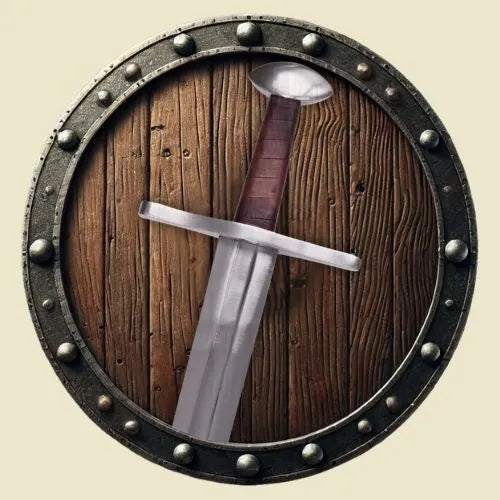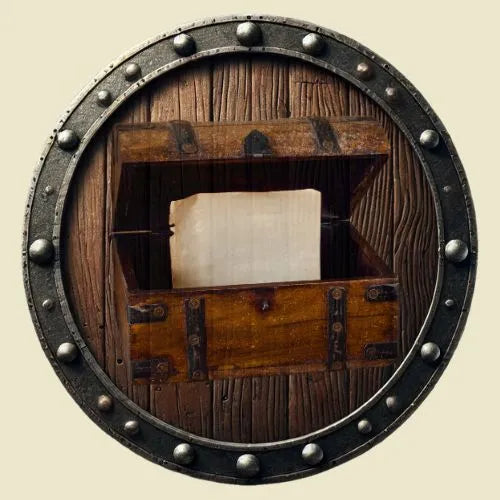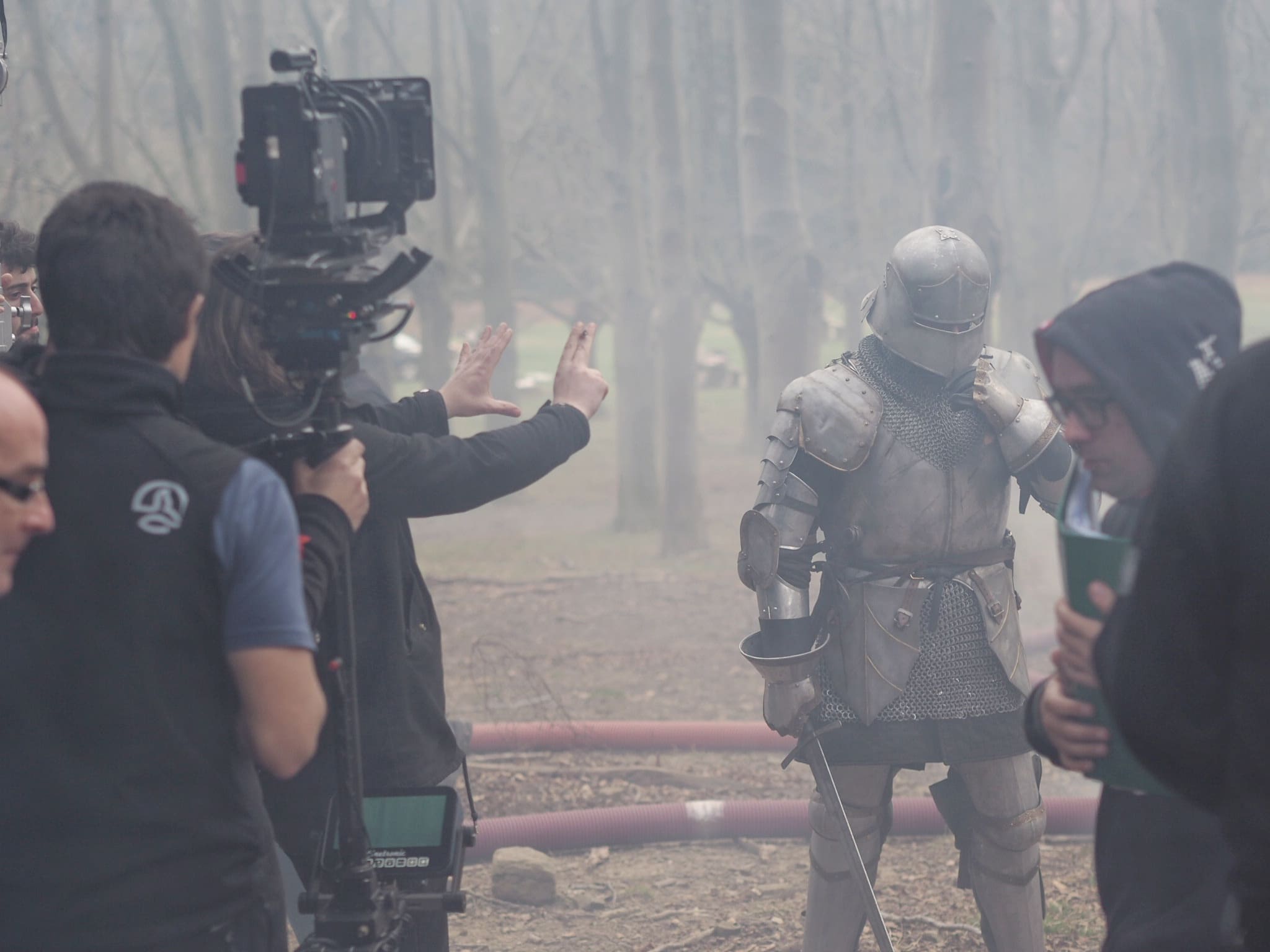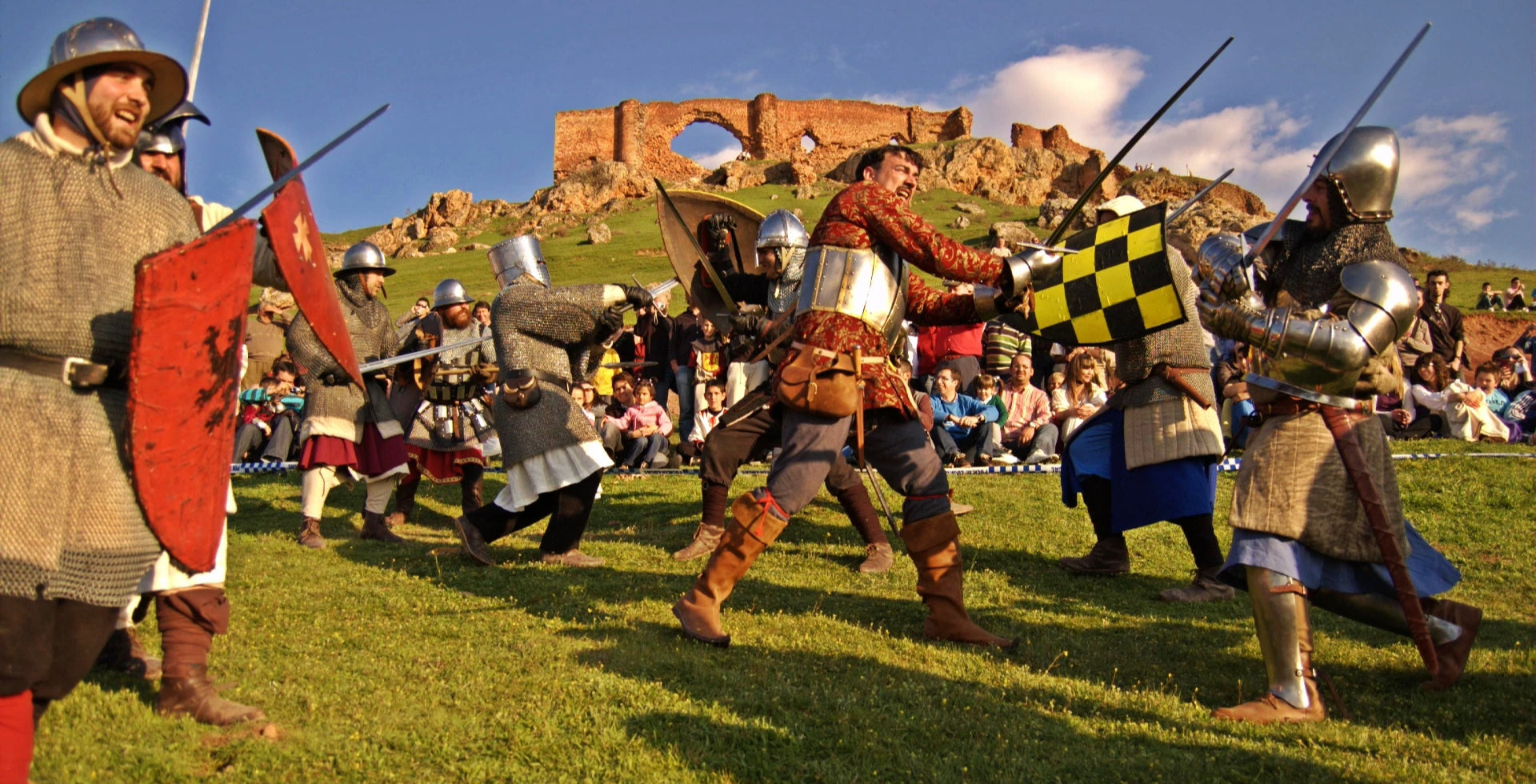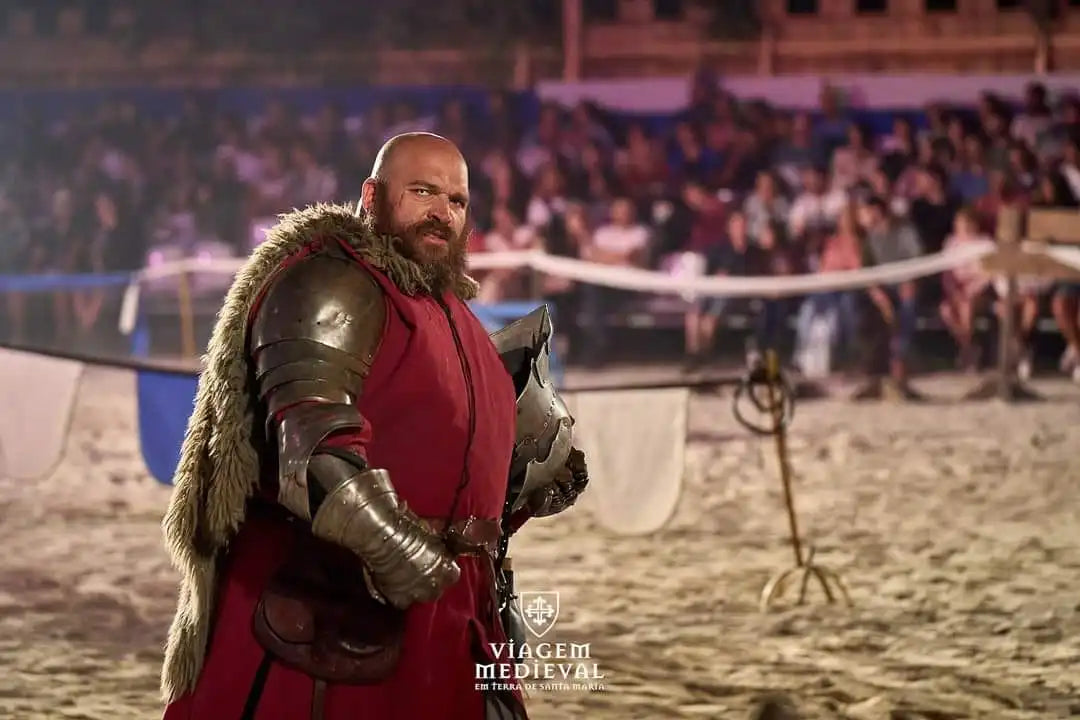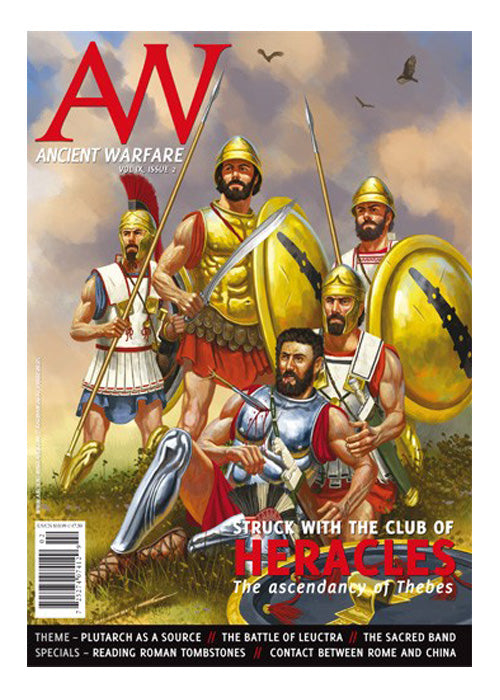Choose options
Get Ancient Warfare Magazine Vol. IX.2 - Struck with the Club of Heracles
Ancient Warfare Magazine Vol. IX.2 - The Rise of Thebes
Topic: Owen Rees, the Theban Ascendant - Historical Introduction
The women of Sparta screamed at the flames burning right in front of the bridge over the Eurotas. Their panicked men rushed to prepare and defend the unwalled city. Fighting had broken out in the nearby town of Amyclae. Lacedaemonians were falling dead to the ground. Spartan soil had been invaded for the first time in centuries. Greece's mightiest warriors were at the mercy of a new order in the Hellenic world. Thebes had finally ascended to its place of power and control. All it needed to do was learn from the mistakes Sparta had made.
Source: Jona Lendering, Plutarch of Chaeronea - biographer and moralist
Charming, wise, and humane: Plutarch of Chaeronea (c. 42–c. 122) is one of the most accessible authors of antiquity. He was also influential. For centuries, no one dared question his idea that the Greeks and Romans were two nations with a single culture. This isn't false, but we must remain critical. His writings are not without pitfalls.
Subject: David Balfour, First Among the Greeks - Epaminondas
The architect of Theban hegemony was the brilliant philosopher-general Epaminondas. Theban predominance in Greece began in 371 BC with its crushing defeat of the Spartans at Leuctra and ended with its fall at Mantinea in 362. In the brief interval between these events, Epaminondas overthrew the foundations of Sparta's military supremacy. The universal praise of the ancient writers for the man who won independence and liberty for all Greeks (Pausanias 9.15.6) was summed up by Cicero in two words, princeps graeciae (1.2.4): Epaminondas was first among the Greeks.
The reenactor: Friedrich Wilhelm Miesen, a hoplite at the dawn of Theban hegemony - on the fields of Leuctra
By the time night fell on the battlefield near the small Boeotian city of Leuctra, the might of the Spartan army had been crushed. The soldiers of Thebes stood triumphant over the scattered remnants of an enemy once thought invincible. While their enemy had been trained from childhood, the Theban hoplites were a classic city-state army. Aristocrats, merchants and artisans, as well as peasants, filled their ranks instead of professional soldiers. It was their general, Epaminondas, who made the difference. His superior tactics and formidable use of the forces at his disposal paved the way for Theban predominance.
Subject: Marc G. Desantis, The Siege of Corcyra, 374-372 BC - Spartan Eclipse
The defeat of Athens at the end of the Peloponnesian War (431–404 BC) may have left Sparta as the most powerful state in Greece, but the following years were turbulent. The Corinthian War of 395–387 BC found Sparta at war with Thebes, Athens, Argos, and Corinth until peace was made under the auspices of the Great King of Persia. The political acumen of Sparta's rulers was very limited, and they managed to turn Greek opinion against Sparta through their arrogance and brutal foreign policy. One ill-advised move was the capture of the Cadmea, the acropolis of Thebes, in 382, which was then garrisoned by Spartan soldiers. Spartan hegemony, as it is known, was imperial rule backed by naked military power.
Subject: Matthew Beazley, The Theban Education of Philip of Macedonia - Sowing the Seeds of Destruction
Thebes' rapid rise to the dominant power in Greece obviously benefited the city in the short term. However, in the long run, Epaminondas's success on the battlefield would plant the seeds for the city's own destruction. Thebes' military success led numerous governments to send their young nobles to the city as hostages, who were instructed in a variety of subjects, one of which was military drill and tactics. In an effort to curry favor, Ptolemy, the Macedonian usurper, sent one such hostage to the city. His name was Philip.
Theme: roel konijnendijk, on the dance floor of ares - the battle of leuctra
The Boeotian victory at Leuctra was the most decisive event in the history of classical Greece. Athens finally recovered from its complete defeat in the Peloponnesian War, but Sparta, crushed in battle on the Boeotian plain, was defeated forever. No Spartan army would ever leave the Peloponnese again. A centuries-old power had been broken.
Subject: Ryszard Tokarczuk, The Theban Sacred Band - A Select Few
During the 5th and 4th centuries BC, some ancient Greek city-states fielded elite units of warriors. For the most part, Greek cities mustered their troops only when needed. However, elite units sometimes served year-round. These "picked" troops (the Greek word is epilektoi) were either supported at the city's expense or wealthy enough to devote their time and efforts to military pursuits. Of these elite units, one of the most famous is the Theban sacred band (hieros lochos).
Special: Joseph Hall, From the Spirits of the Departed - Roman Military Tombstones
The numerous histories, biographies, legal texts, and treatises that make up the historical record tell us most of what we know today about the Roman army, and archaeology further complements this picture by providing evidence of the physical world within which the legions operated. But what about the soldiers themselves? Where is their story told? Though brief and often fragmentary, it is through the words inscribed on their own tombstones that we see how these men lived, sometimes how they died, what deeds they wanted posterity to remember, and who mourned their deaths.
The Debate: Duncan B. Campbell, Did the Romans Have Links with the Far East? - Rome and China
Writers and scholars have periodically flirted with the idea of historical links between Rome and China. There's no denying the obvious parallels between the two great empires, each run by a bureaucratic civil service and staffed by a professional army, equipped to defend long frontiers against the barbarians beyond. However, there has been a tendency to assume that two empires of such sophistication must have maintained communications with one another. So is it likely that the Romans had links with the Far East?
At Tienda Medieval, we have thousands of medieval and other period products. Discover them!
Free shipping
The entire Iberian Peninsula from €60 (*Does not include islands) and shipping worldwide. Check our rates.
Customer service
We are available Monday through Friday to answer your questions.
Secure Payment
We comply with all regulations to ensure Secure Payment
Contact us
Need to contact us? Just email us at info@espadasymas.com

